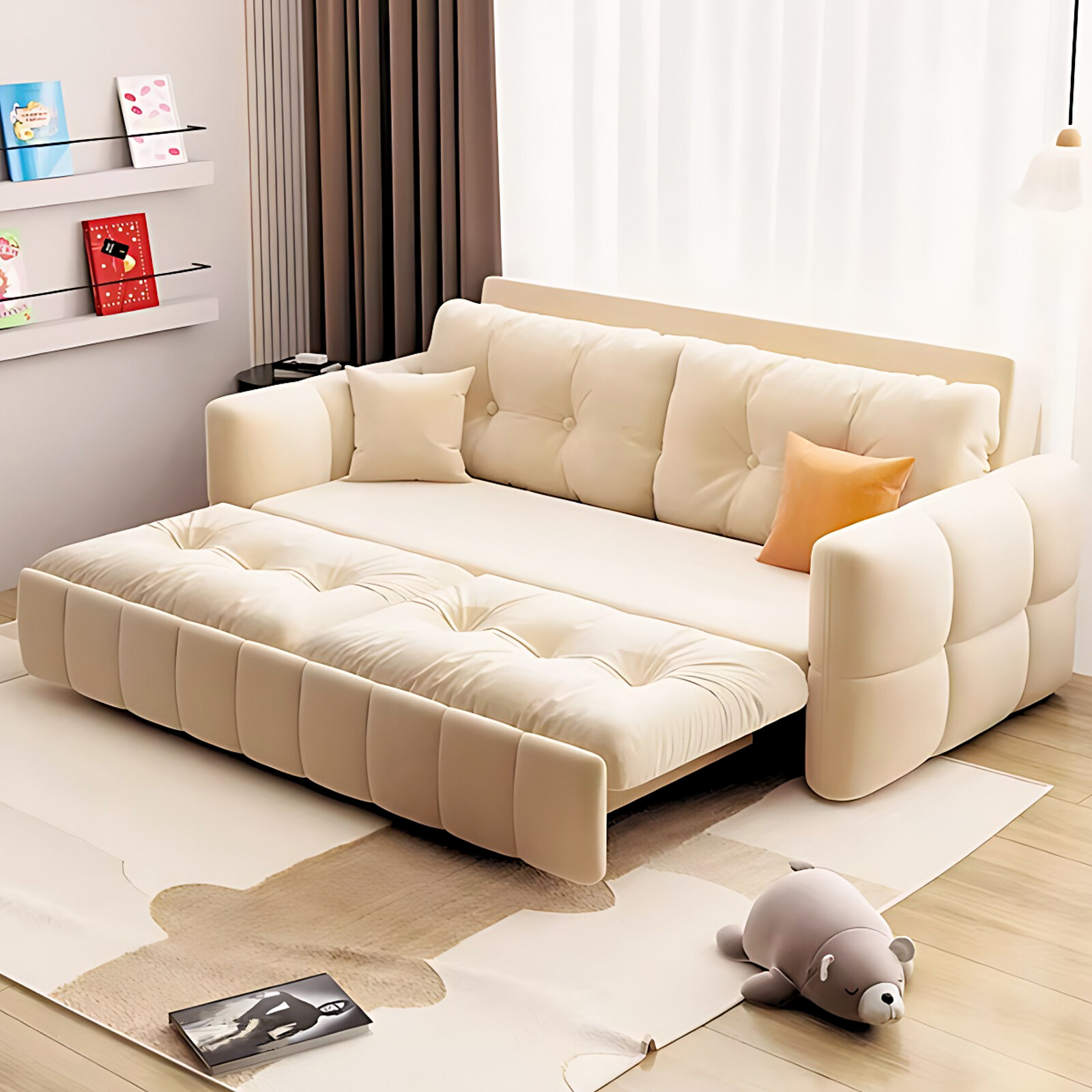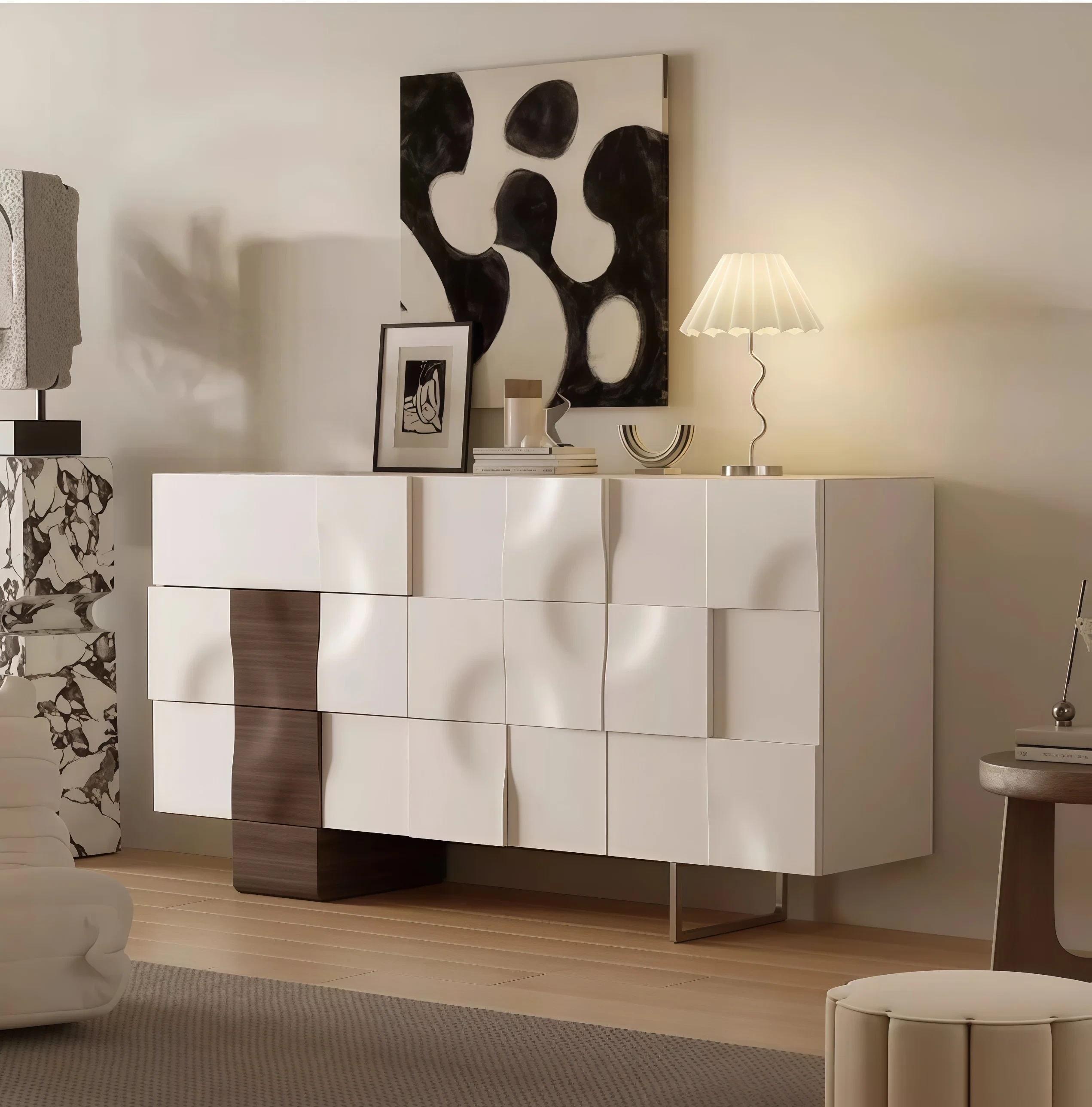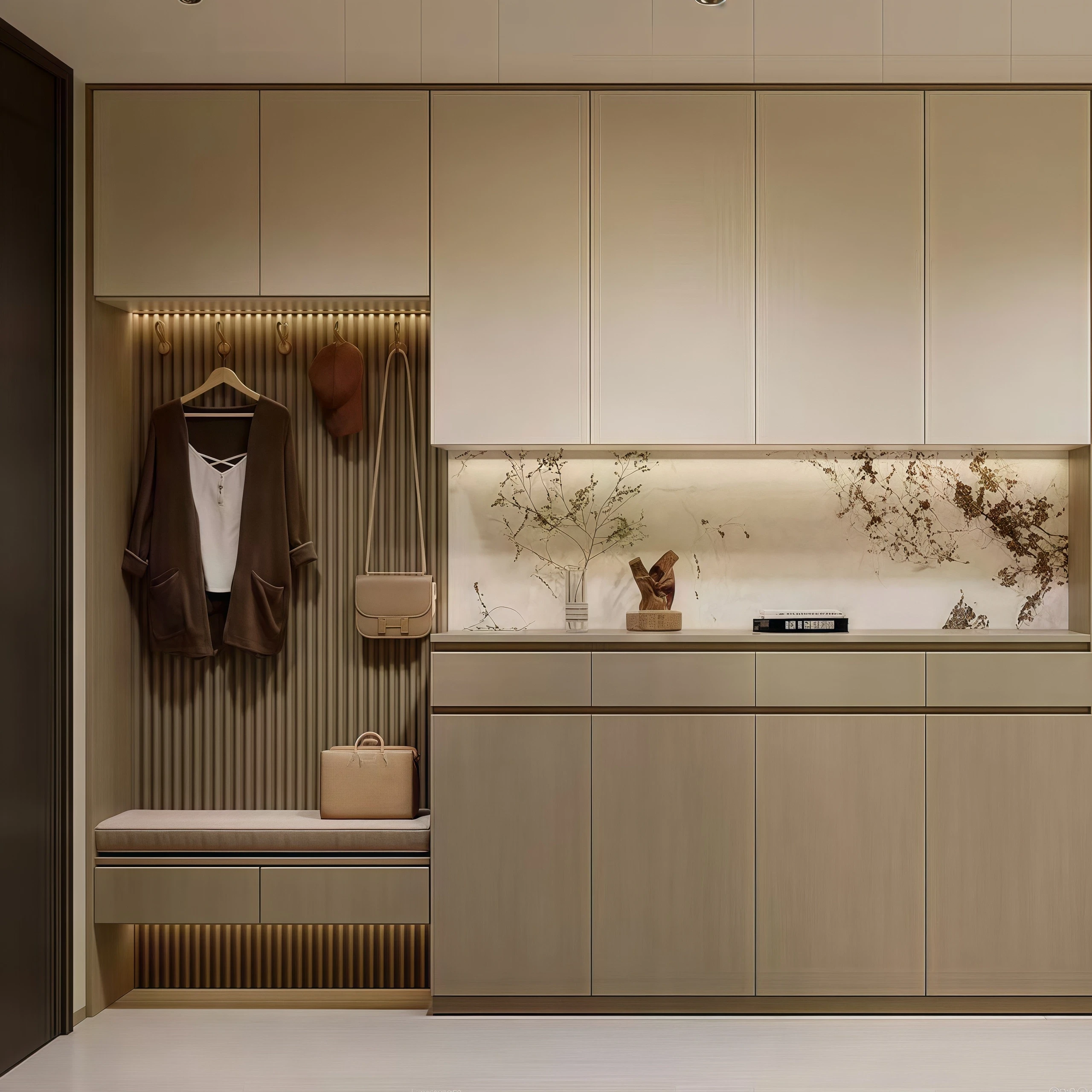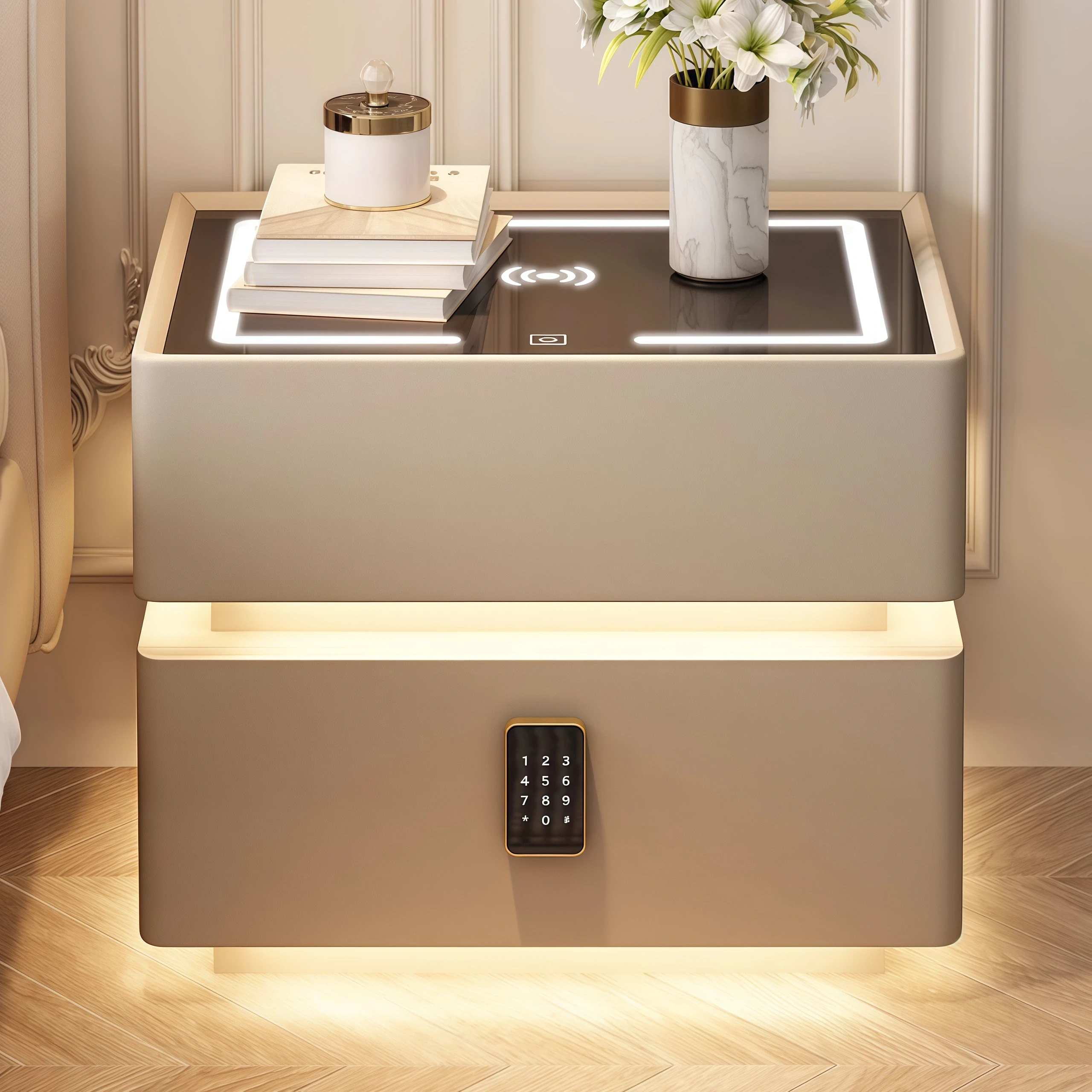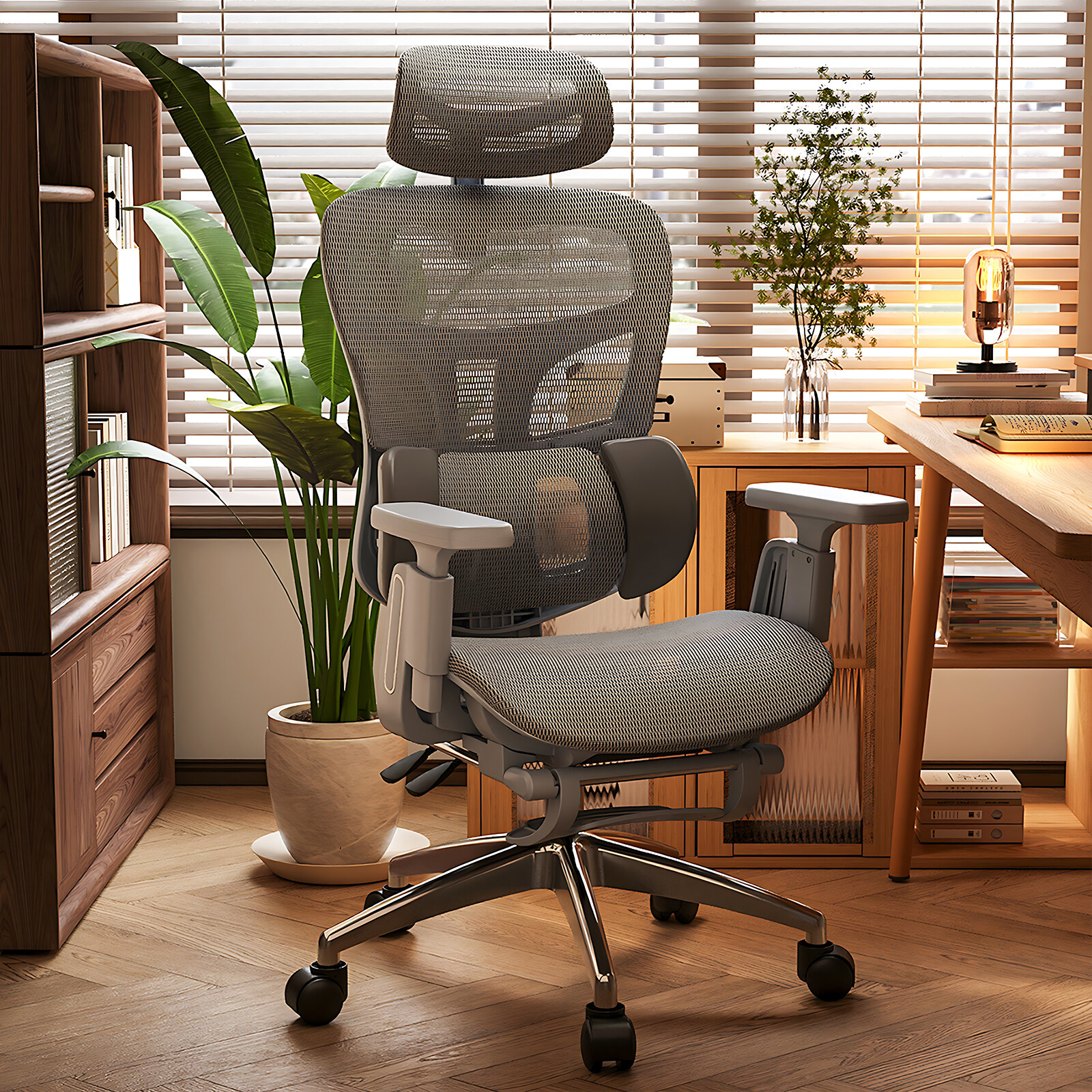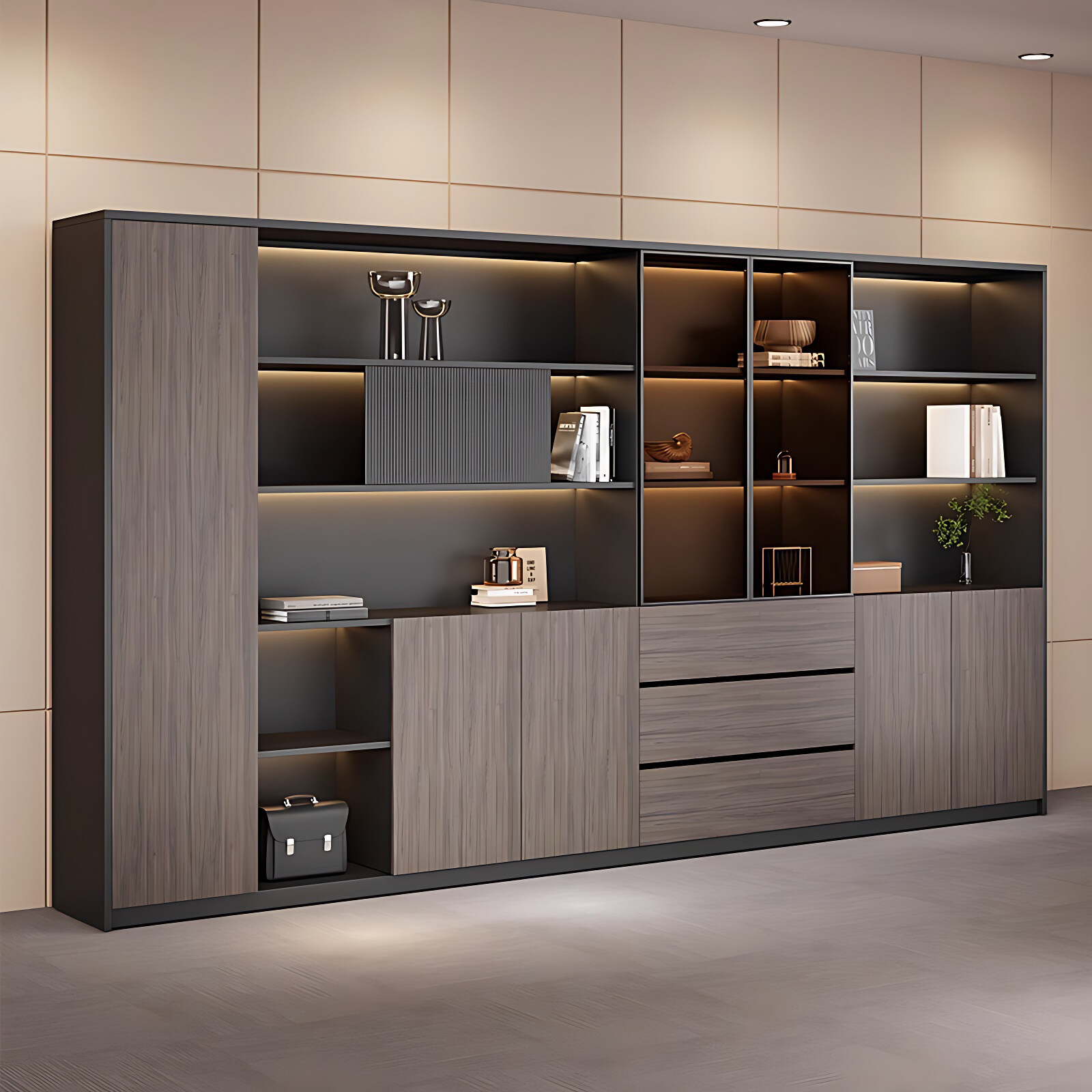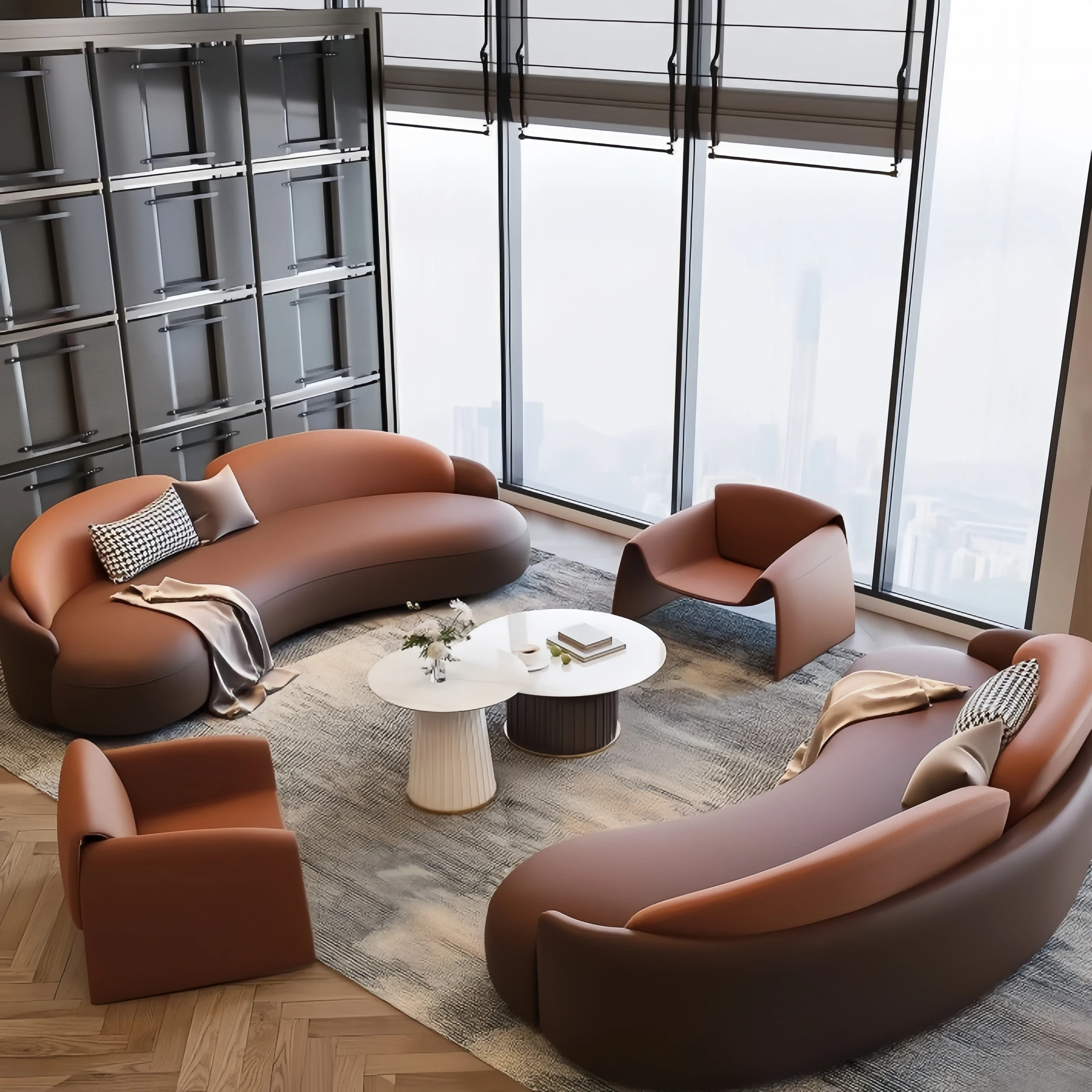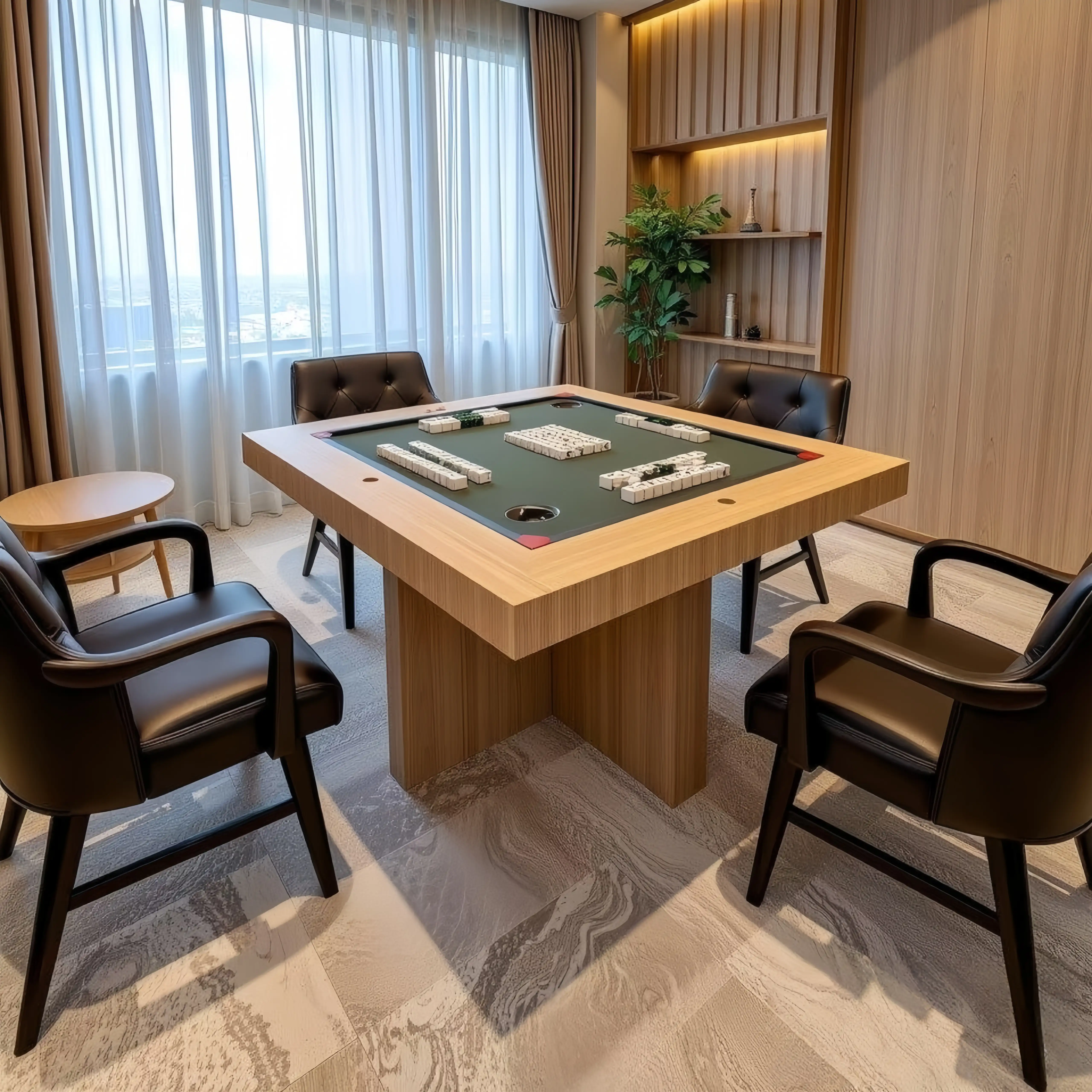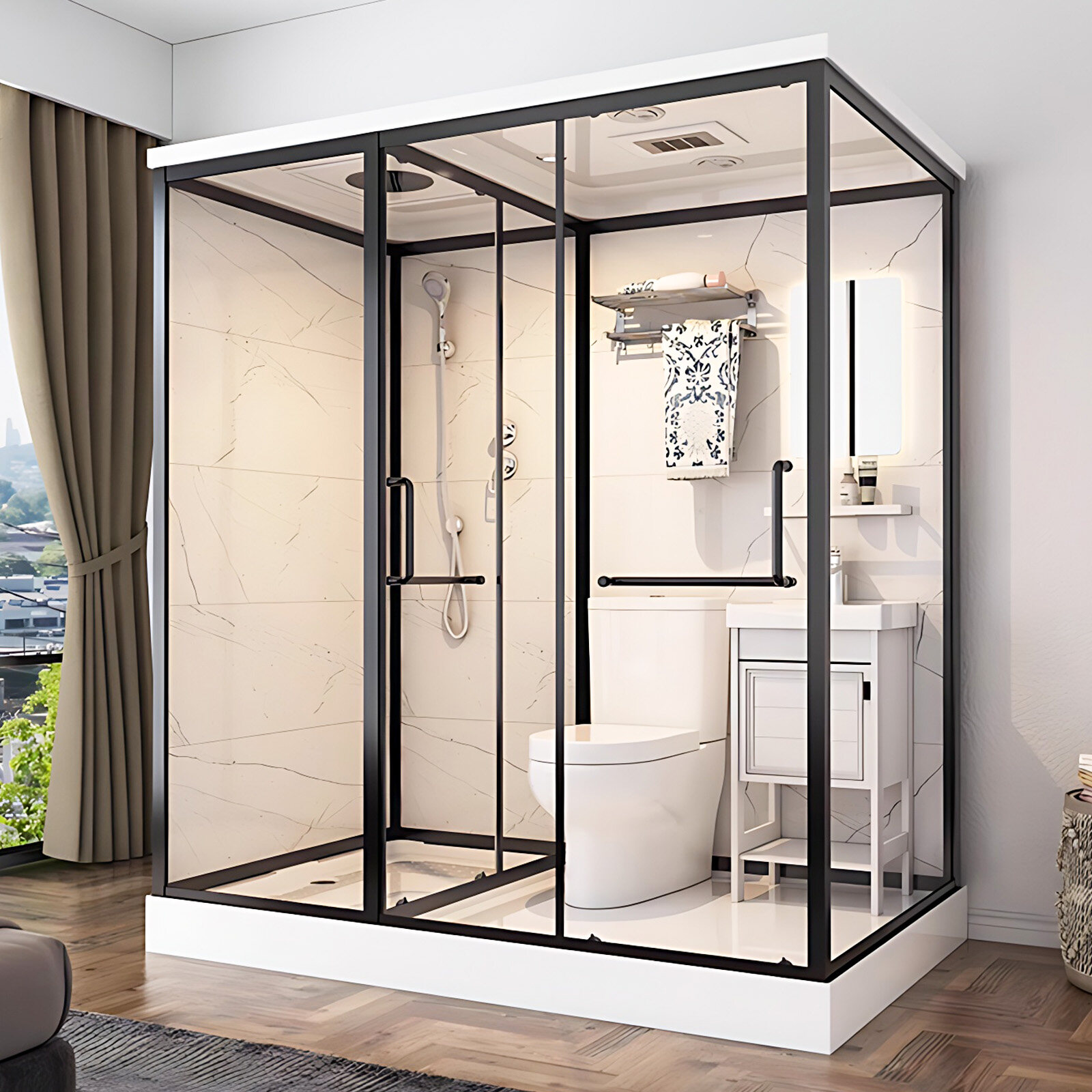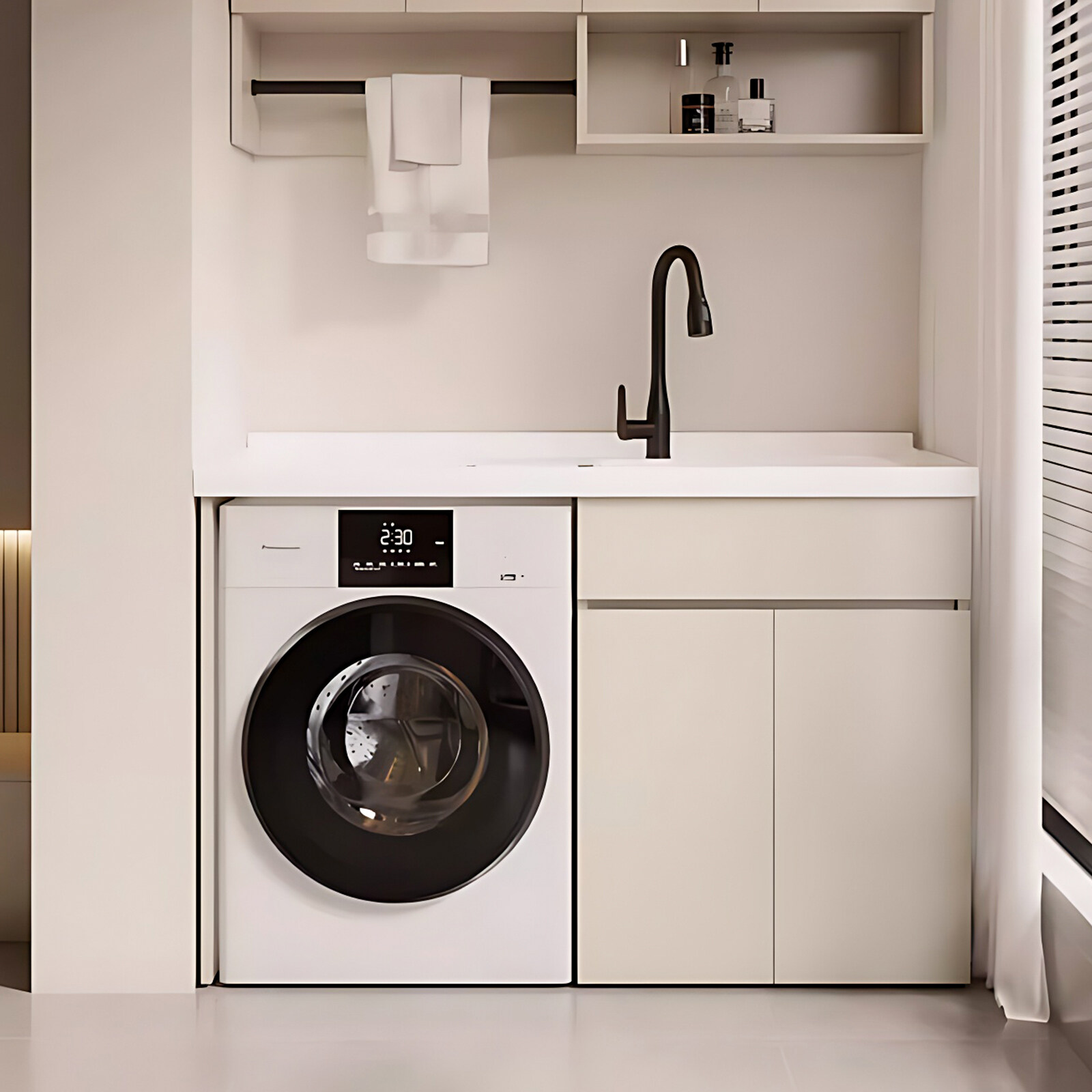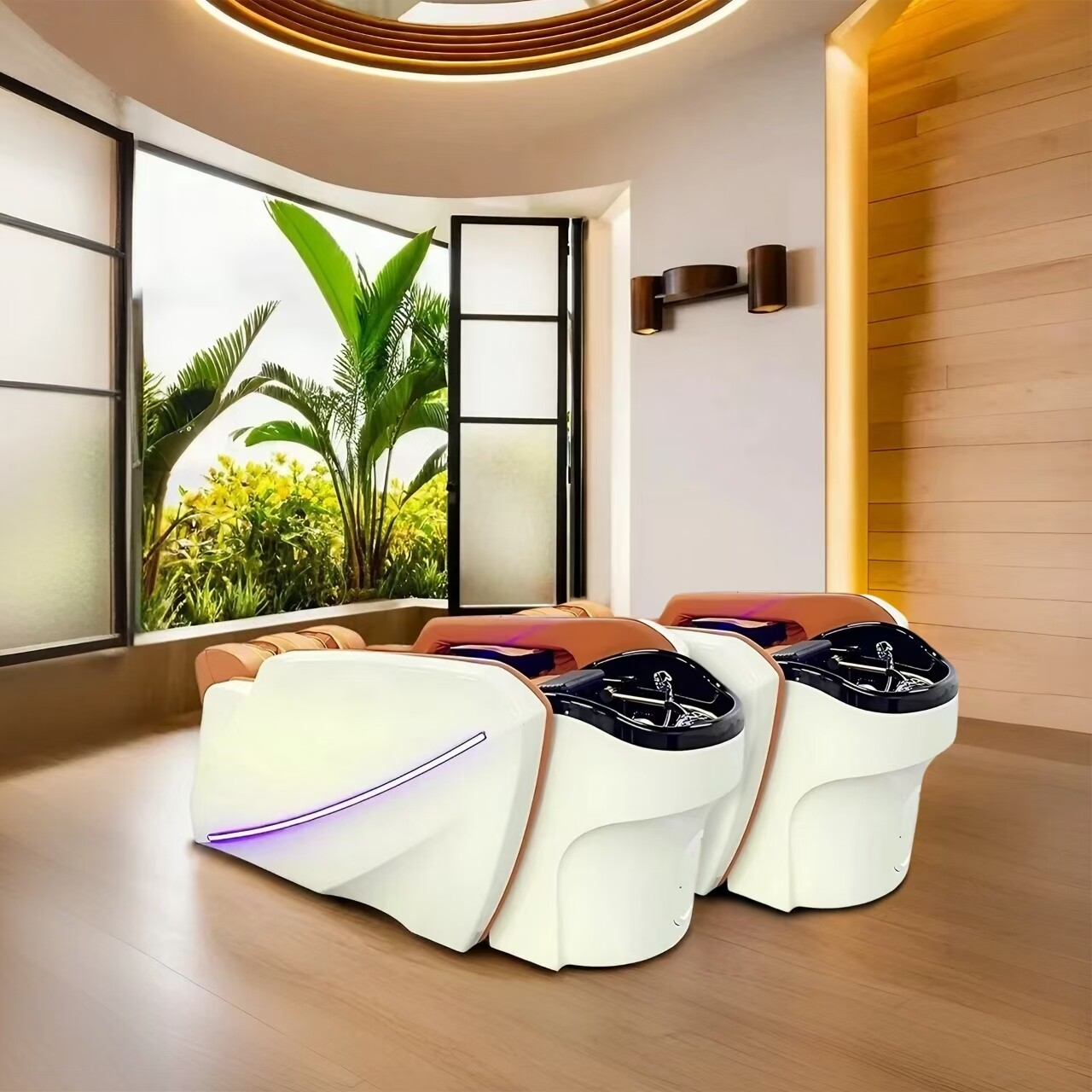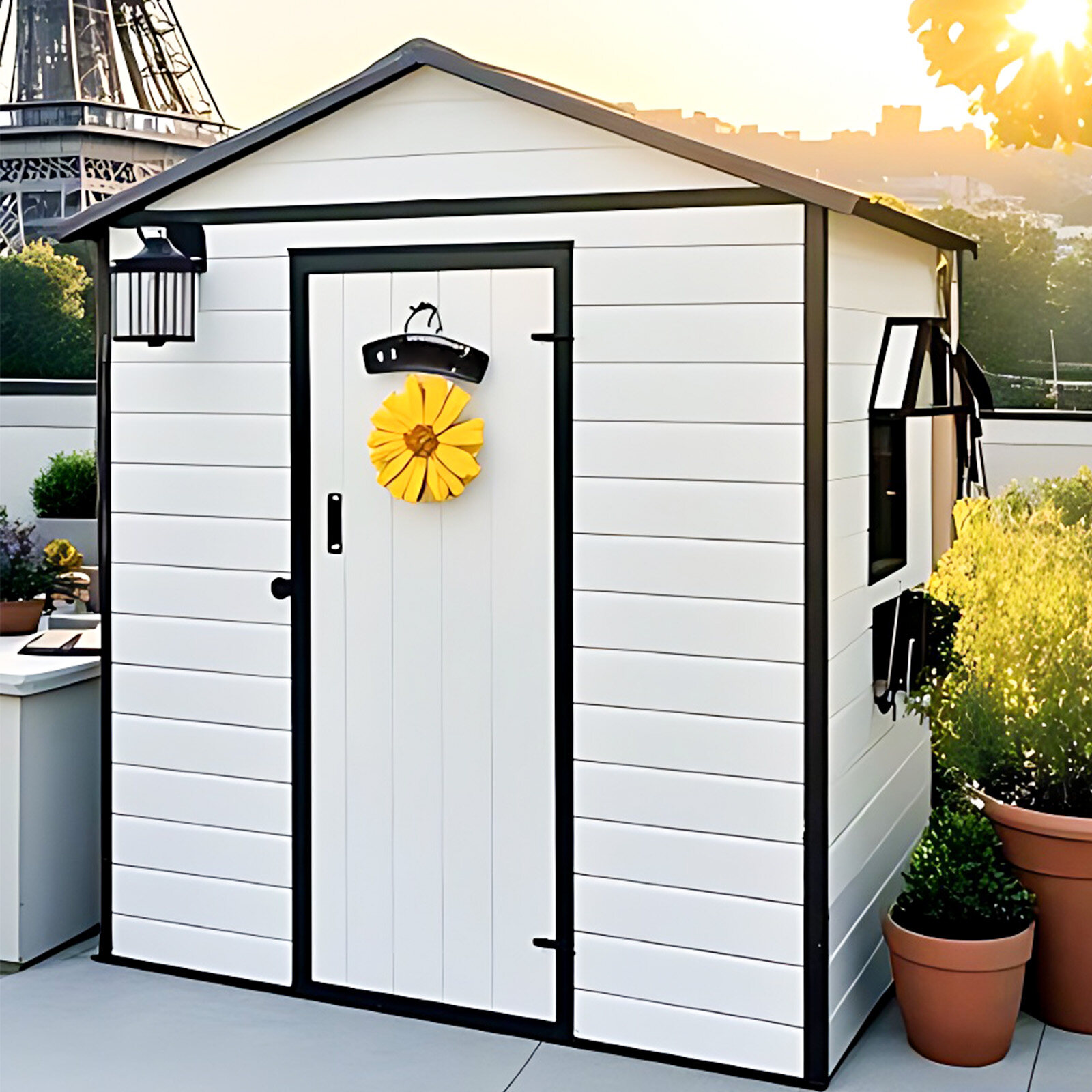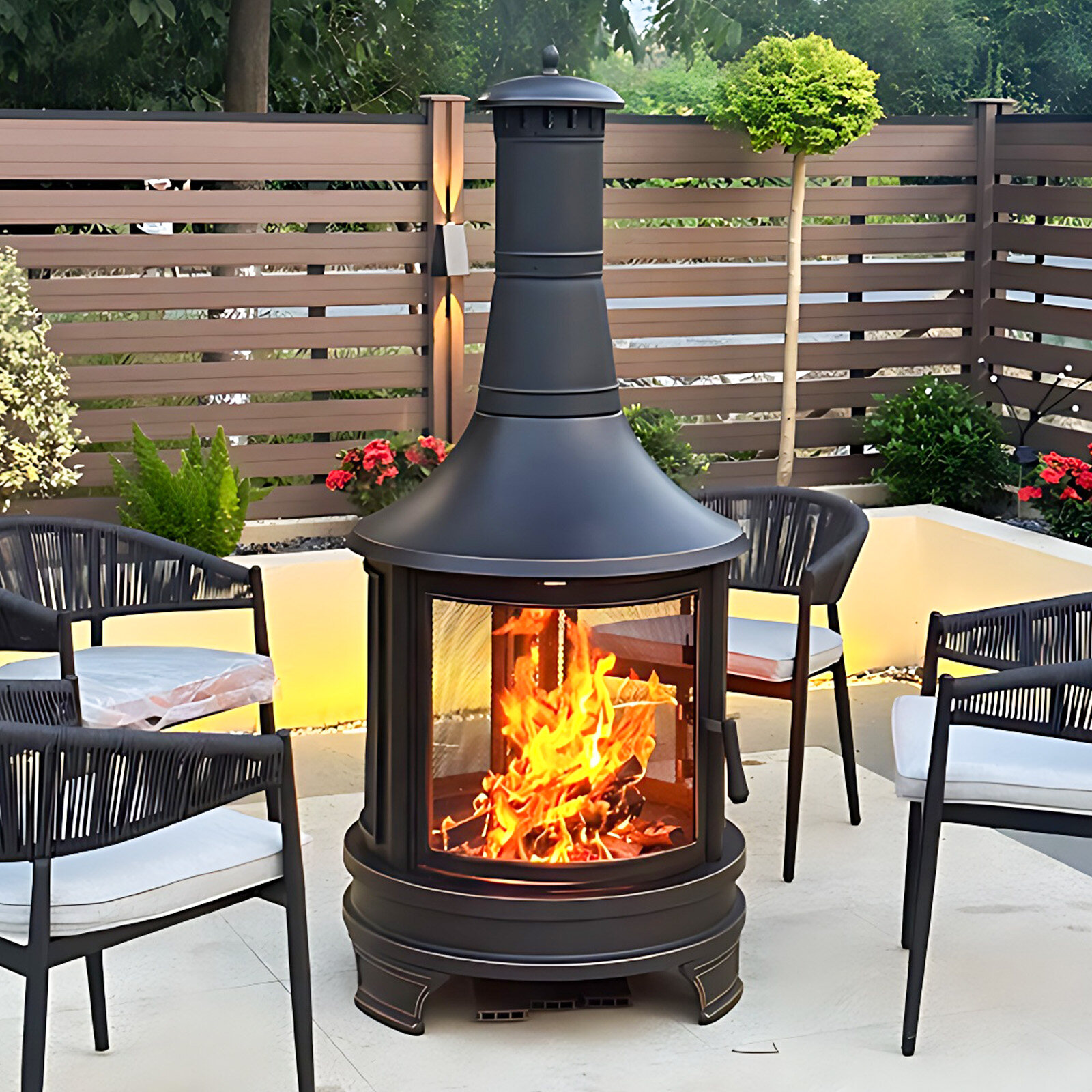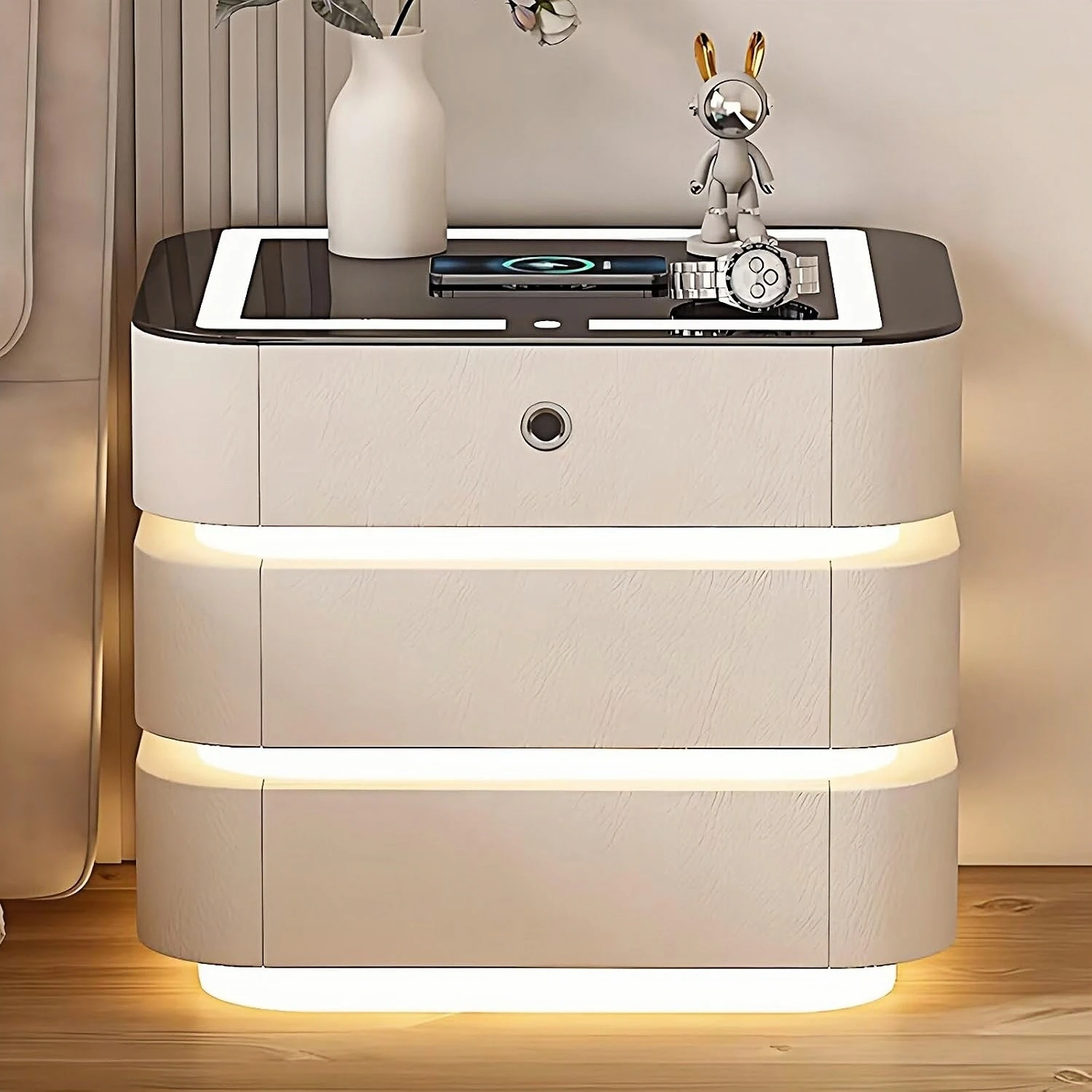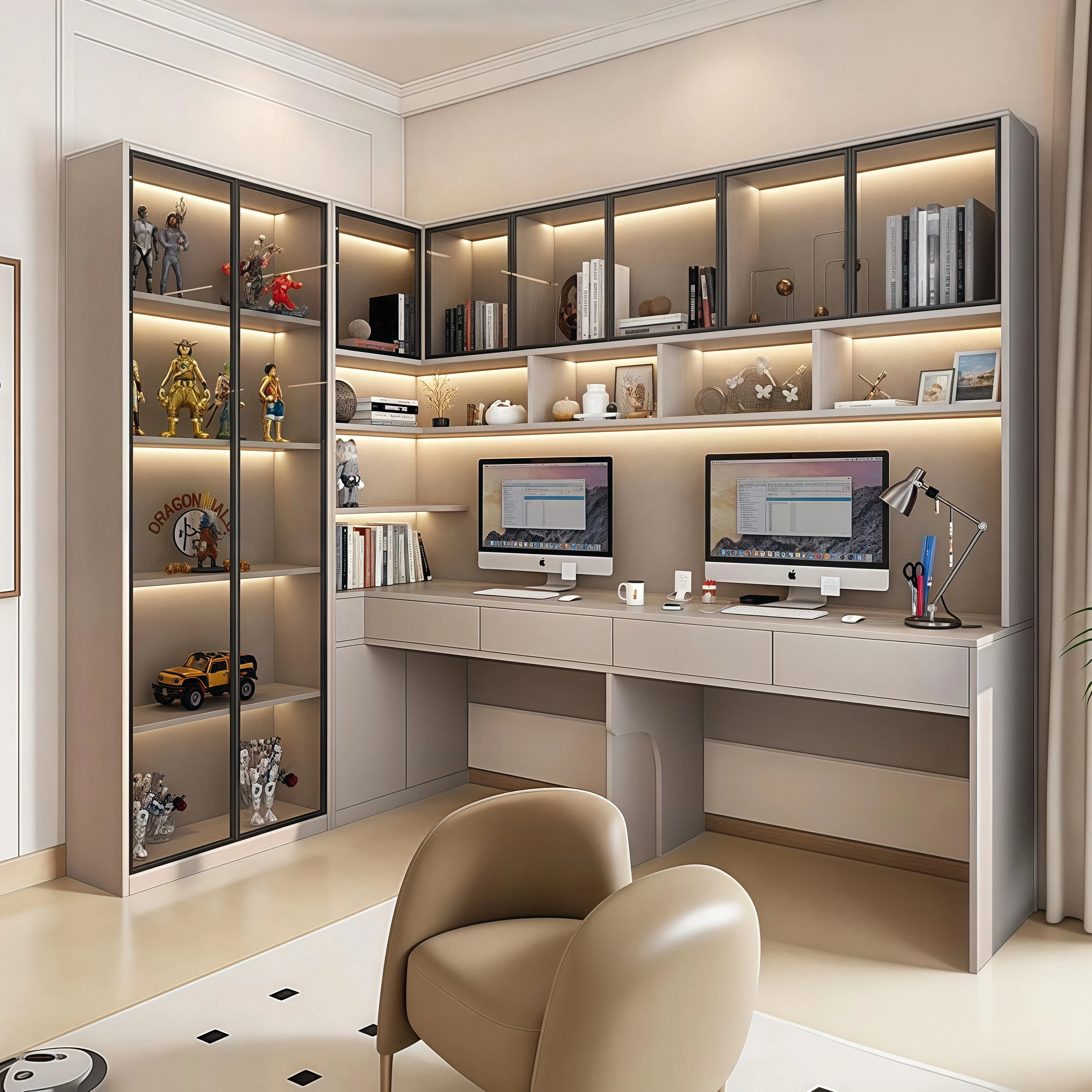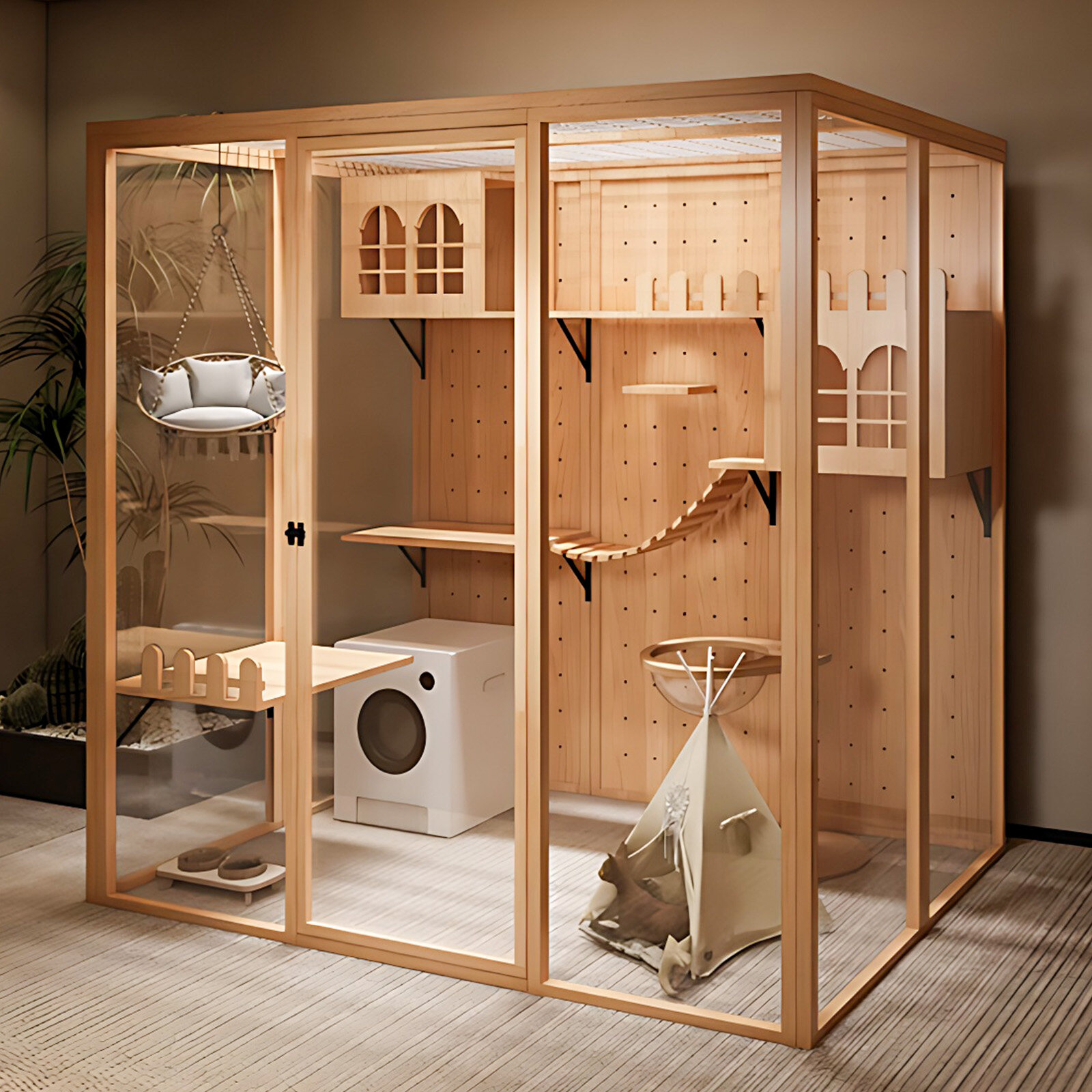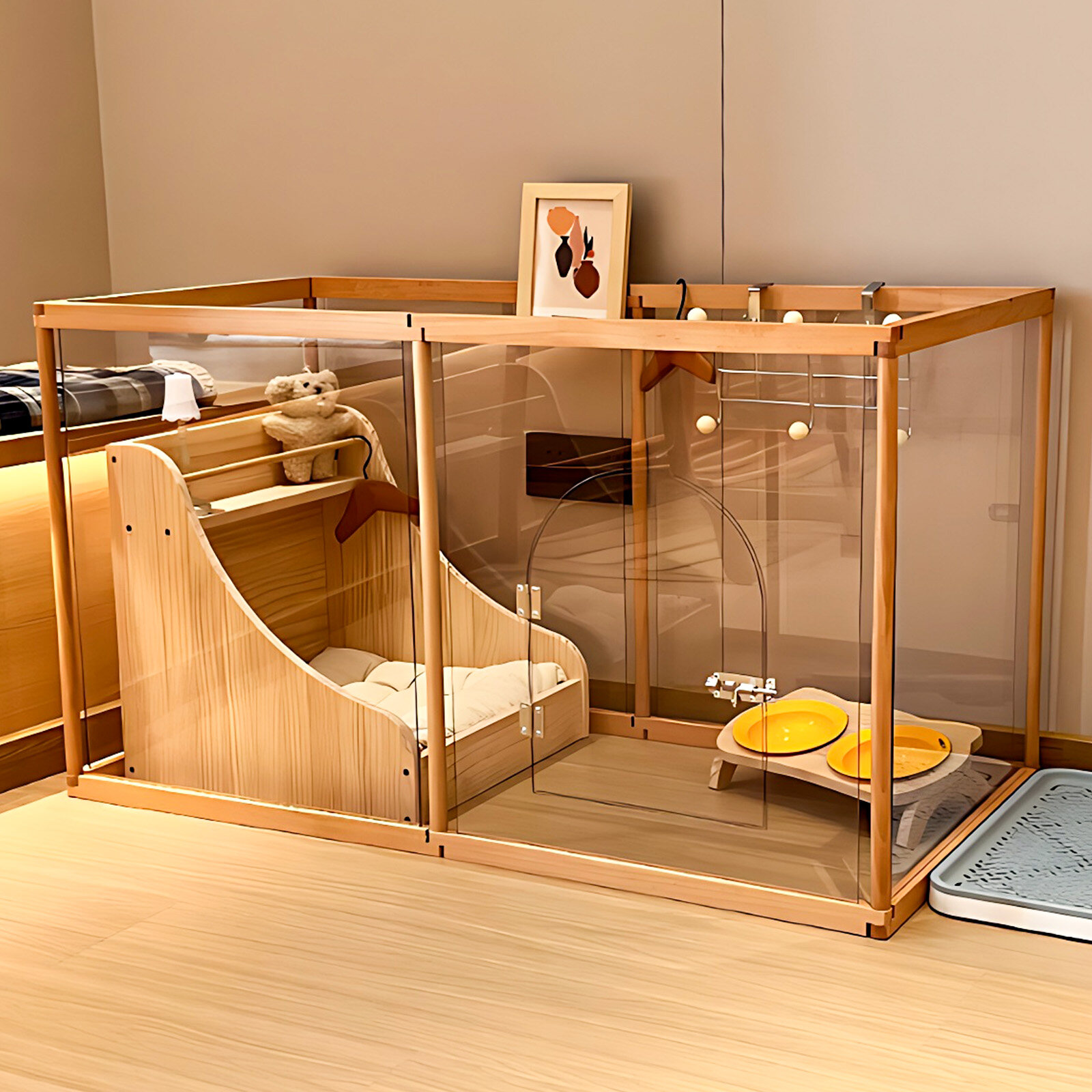Artificial wood panels are widely used as a fundamental raw material in home furnishings, furniture, and interior decoration. Formaldehyde emissions from these panels have long been a major concern for end consumers. With the rapid development of the internet, news and information are spreading faster and more widely. However, due to a general lack of consumer awareness of formaldehyde, coupled with some media outlets' attention-grabbing misreporting, formaldehyde has for many years been a major concern for indoor products such as wood floors, doors, furniture, and custom home furnishings.
As the topic of formaldehyde continues to gather momentum and consumer interest continues to grow, some businesses have quickly recognized the potential selling points and begun incorporating terms like "formaldehyde-free" or "zero formaldehyde" into their product advertisements to attract consumers. Consumers, unable to discern whether a product is environmentally friendly, are often misled or deceived by cleverly crafted advertising. Previously, all formaldehyde-free claims suffered from a common problem: a lack of basis. There were no national or industry-wide standards defining what constituted formaldehyde-free products. Therefore, both the wood products market and the wood-based panel industry urgently needed a standard to regulate the production, testing, and labeling of formaldehyde-free panels and products. Consumers also sought methods or reliable labels to verify the environmental friendliness of home building materials.
Group standard for formaldehyde-free wood-based panels and their products issued
To implement national regulations on standardization reform and improve the quality of wood products, the China Forest Products Industry Association (CNFIA) has promulgated the group standard T/CNFPIA 3002-2018, "Formaldehyde-Free Wood-Based Panels and Their Products," based on the specific circumstances of the wood-based panel industry. Since its launch on June 29, 2017, the standard development process has garnered significant industry attention, with 86 companies and organizations participating. The standard was promulgated on May 1, 2018, and officially implemented on August 1, 2018.
In order to comprehensively promote the application of group standards, the China Forest Products Industry Association officially issued the "China Forest Products Industry Association Group Standard Recognition Management Measures" and the "China Forest Products Industry Association Recognition Management Committee "Formaldehyde-free Wood-based Panels and Their Products" Recognition Management Rules" in accordance with the "Group Standard Management Measures" jointly promulgated by the General Administration of Quality Supervision, Inspection and Quarantine, the Standardization Administration of China and the Ministry of Public Security.
Beijing Green Forest Certification Co., Ltd.
Beijing Green Forest Certification Co., Ltd. ("Green Forest Certification") is a professional certification body approved by the Certification and Accreditation Administration of China (approval number CNCA-R2017-334). The company specializes in the certification of green, low-carbon, sustainable, healthy, and environmentally friendly products. We meticulously identify and certify formaldehyde-free and low-formaldehyde wood-based panels and their products, providing consumers with a trusted quality label.
Beijing Green Forest Certification Co., Ltd., one of the first third-party certification bodies authorized by the China Forest Products Industry Association, has comprehensively carried out certification work for formaldehyde-free wood-based panels and their products. Building on this foundation, Beijing Green Forest Certification Co., Ltd., combining the certification rules for formaldehyde-free wood-based panels and their products with the actual conditions of the wood-based panel industry, has developed a traceability system for these panels and their products, and also developed its own proprietary traceability platform.
To be continued...

 USD
USD
 GBP
GBP
 EUR
EUR



